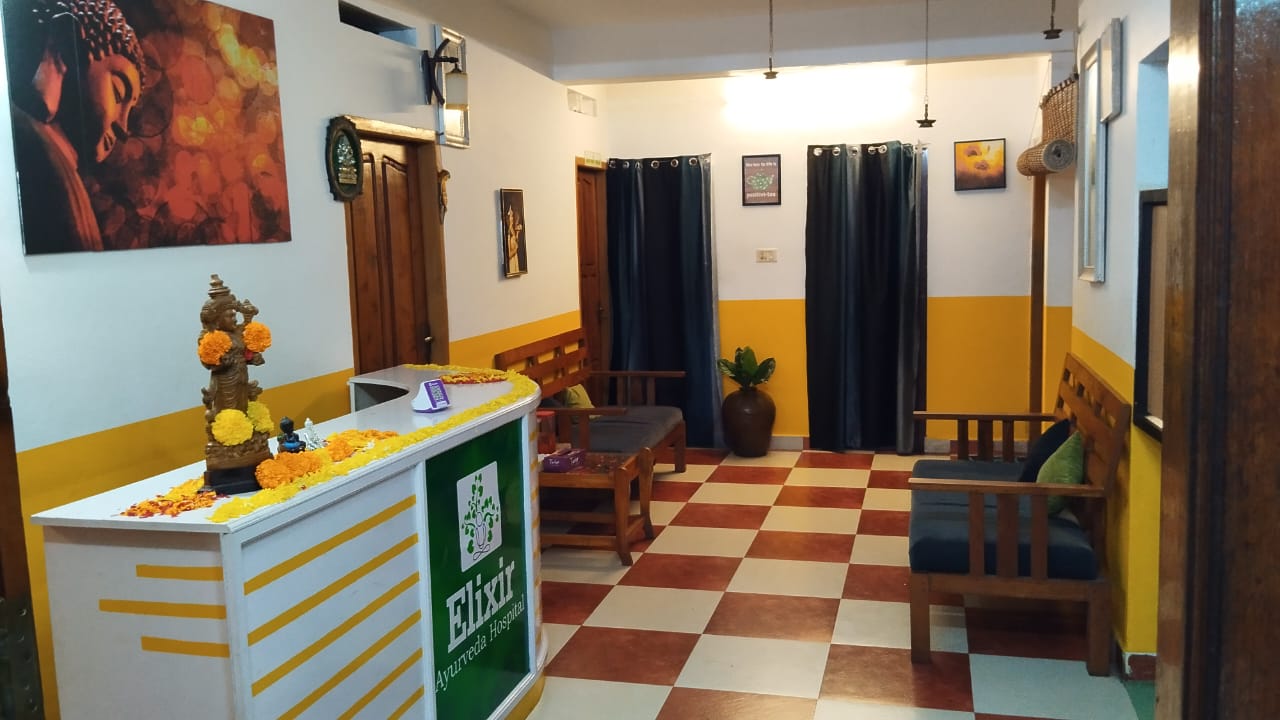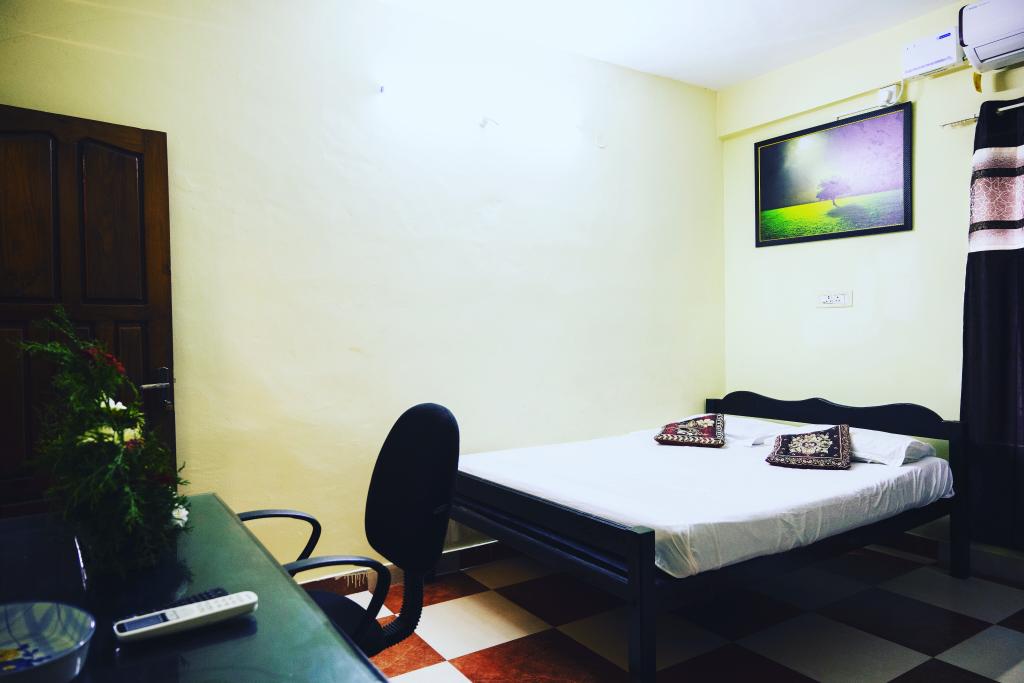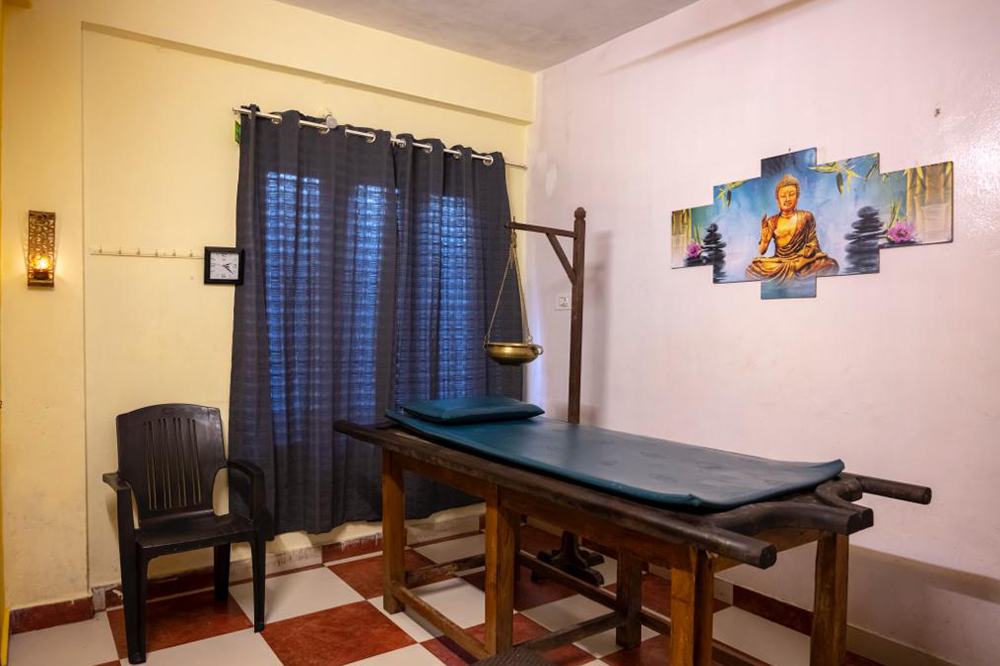Parkinson's disease remains a challenging neurological disorder affecting millions worldwide. Characterized by the gradual breakdown of neurons in the brain, particularly those involved in dopamine production, it results in a range of movement-related issues and other debilitating symptoms.
Understanding Parkinson's Disease
The exact cause of Parkinson's disease remains elusive, but factors like genetic predisposition and exposure to certain environmental elements like pesticides or air pollution are thought to contribute. As dopamine levels decrease due to neuron degeneration, irregular brain activity ensues, leading to movement problems and various other symptoms.
Early Signs of Parkinson's Disease
Recognizing the early symptoms of Parkinson's disease is crucial for early intervention. These signs include coordination and balance impairments, voice tremors, sleep disturbances, rapid eye movement, gait changes, and, in some cases, the development of dementia.
Ayurvedic Insights into Parkinson's Disease
Ayurveda, the ancient Indian system of medicine, views Parkinson's disease as a manifestation of 'kampavata.' This condition is characterized by generalized involuntary movements across the body, referred to as 'vepathu' or tremors. According to Ayurveda, treatment in Kerala, it aims to restore balance to the 'vata,' addressing neural pathway dysregulation as a key causative factor alongside genetic predisposition.
Symptoms of Parkinson's Disease in Ayurveda
Ayurveda identifies several symptoms mirroring those of Parkinson's disease:
Kampa (Tremor)
Sthambha (Rigidity)
Chesta sanga (Slowness of movement)
Vak vikriti (Speech disorder)
Kshinamati (Dementia)
Smritihani (Loss of memory)
Vibandha (Constipation)
Ayurvedic Treatment Approaches
In Ayurveda, Parkinson's disease falls under two categories:
Dhathukshayajanya: Caused by the destruction or loss of vital tissues.
Margavarodhajanya: Resulting from blockages in the flow of energies and nutrients through their channels.
Ayurvedic Treatment Plan
The treatment plan for individuals with 'kampavata' varies based on the specific manifestation of 'vata vyadhi' observed. It typically involves:
Complete Detoxification: Removing toxins from the body.
Correction of Involved Dhatus: Rebalancing vital tissues.
Bio-Cleansing Therapies: Shodhana chikitsa to eliminate toxins.
Palliative Therapy: Followed by rejuvenation through rasayana.
Specific Therapies:
Nasya Karma: Administered for seven days.
Shirodhara/Shiropichu/Shirobasti: Therapeutic procedures targeting the head.
Dietary Advice: Focusing on improving digestion and overall health.
Additional Practices for Management
Besides these treatments, practices like yoga and meditation are recommended to help manage symptoms. They assist in focusing the mind and body, potentially aiding in alleviating some of the challenges faced by individuals with Parkinson's disease.
Conclusion
While Parkinson's disease remains a complex condition with no definitive cure, Ayurveda treatment in Kerala offers a holistic approach centered on restoring balance, cleansing the body, and rejuvenating tissues. Integrating traditional Ayurvedic treatments with modern medical care can provide a comprehensive strategy for managing the symptoms and improving the quality of life for those living with Parkinson's disease. Always consult healthcare professionals before initiating any treatment regimen, as individualized care is essential in managing this condition.
FAQ's
Q1. What are the common herbs used in the treatment of parkinson's?
▪︎ Kapikachu
▪︎ Ashwagandha
▪︎ Brahmi
▪︎ Guggulu
▪︎ Turmeric
▪︎ Shankhpushpi
Q2. What is murdhni thaila and how it helps to treat parkinson's?
Murdhni means head and taila means oil.Ayurveda considers head as uttamanga as it is site of sense organs,the brain and nervous system.Head is also an important site of vata.So treatment with oil on head controls the morbid vata.
Types of murdhni taila are:
1. Shiro pichu
2. Shiro lepa
3. Shiro vasti
4. Shirodhara
Q3. What is the role of stress management in the case of Parkinson's?
Stress is one of the common causes of parkinson's.So stress management techniques like yoga and meditation help to alleviate the immediate effects of stress and contribute to better symptom control.
Some of the stress management techniques are;
1. Yoga and meditation with many relaxation techniques
2. Deep breathing exercises
3. Music therapy
4. Counselling


























